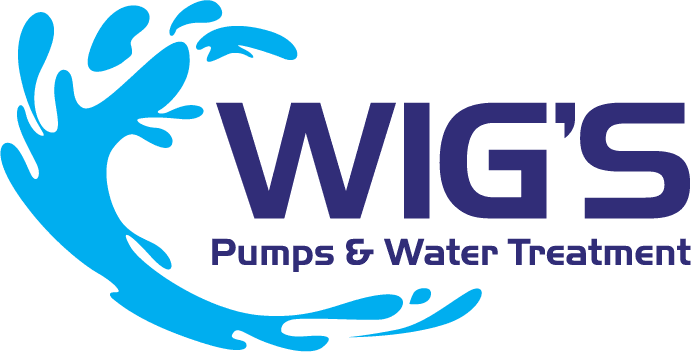Top 10 Essential Tips for Effective Water System Plumbing Maintenance
In the realm of building maintenance, effective water system plumbing plays a crucial role in ensuring both operational efficiency and safety. Statistics from the American Society of Plumbing Engineers (ASPE) indicate that properly maintained plumbing systems can reduce water wastage by up to 30%, significantly impacting both environmental sustainability and operational costs. With water scarcity becoming an increasingly pressing issue, the importance of diligent plumbing maintenance cannot be overstated.
Renowned plumbing expert Dr. Emily Waters has emphasized, "Regular maintenance of water system plumbing is not just a matter of convenience; it's essential for preserving the integrity of our water resources." Her insights reflect the growing awareness in the industry regarding proactive maintenance strategies that can prevent costly repairs and extend the lifespan of plumbing systems.

As we delve into the top 10 essential tips for effective water system plumbing maintenance, we aim to equip both homeowners and property managers with the knowledge needed to protect their investments and ensure efficient water use.
The Importance of Regular Inspections: Ensuring Long-Lasting Plumbing Systems
Regular inspections play a crucial role in maintaining the longevity and efficiency of plumbing systems. Just like a car requires routine check-ups to prevent breakdowns, plumbing systems benefit significantly from periodic evaluations. These inspections can help identify small issues before they escalate into significant problems, saving homeowners both time and money in the long run. By checking for leaks, corrosion, and blockages, plumbing professionals can ensure that the system operates optimally and safely.
Moreover, proactive maintenance through regular inspections contributes to water conservation. Undetected leaks can lead to substantial water waste and higher utility bills. By addressing these issues early, homeowners can not only protect their property from potential water damage but also contribute to sustainability efforts. In essence, investing in routine plumbing inspections is essential for ensuring a reliable water supply and maintaining the overall health of the plumbing infrastructure.
Top 10 Essential Tips for Effective Water System Plumbing Maintenance
| Tip Number | Maintenance Tip | Frequency | Importance Level |
|---|---|---|---|
| 1 | Regular Inspections | Annually | High |
| 2 | Check for Leaks | Monthly | High |
| 3 | Flush Water Heater | Biannually | Medium |
| 4 | Inspect Pipes for Corrosion | Every 2 Years | High |
| 5 | Maintain Drainage | Quarterly | Medium |
| 6 | Test Water Pressure | Annually | High |
| 7 | Check Water Filters | Every 6 Months | Medium |
| 8 | Inspect Sump Pump | Annually | High |
| 9 | Clean Gutters | Twice a Year | Medium |
| 10 | Consult a Professional | As Needed | High |
Common Causes of Plumbing Failures: Understanding the Risks Involved
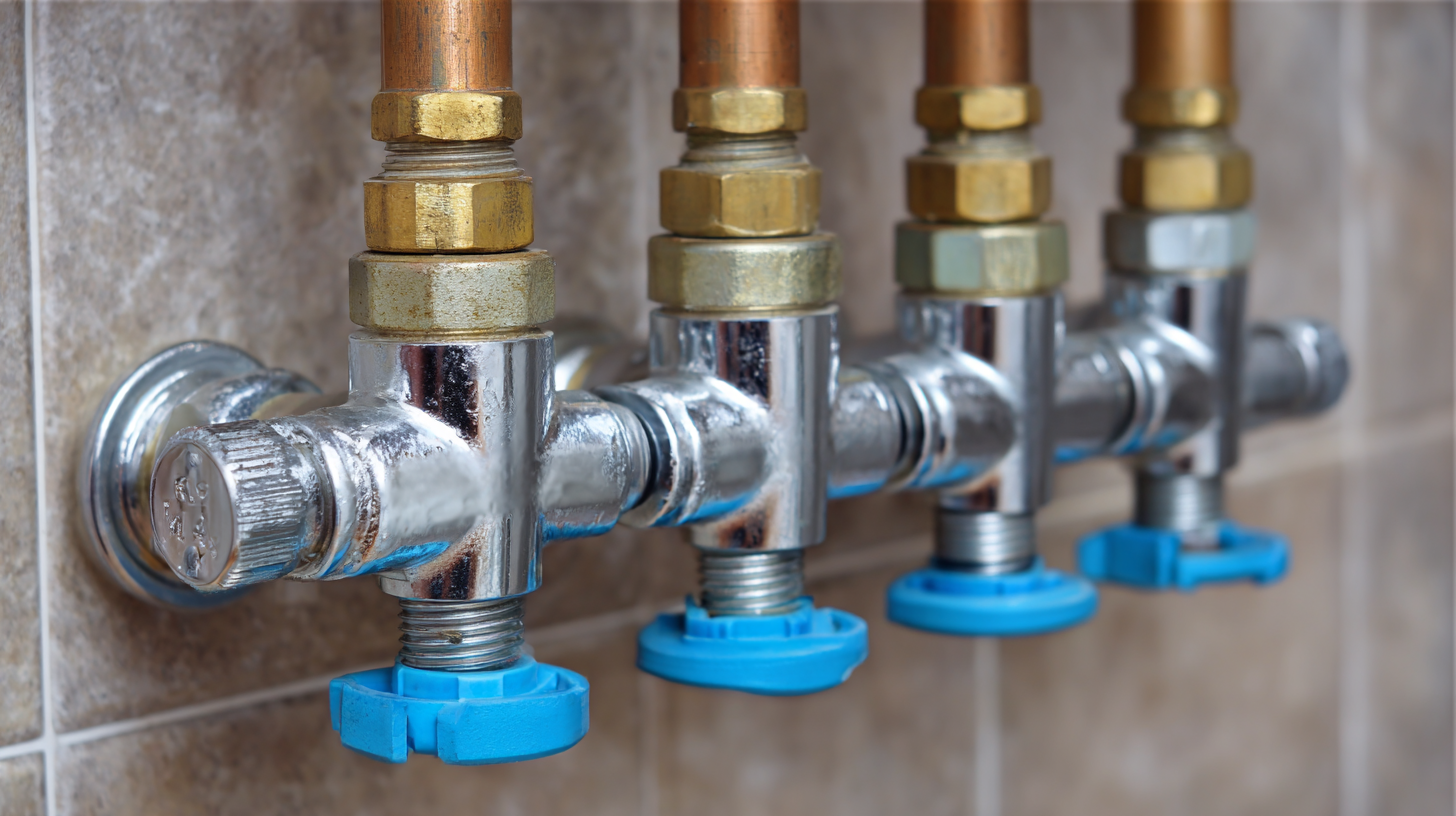 Plumbing failures can occur for various reasons, and understanding these risks is crucial for maintaining an efficient water system. One common cause is pipe corrosion, which can lead to leaks and eventual catastrophic failures. Aging pipes, particularly those made of galvanized steel or cast iron, are especially prone to this issue. Regular inspections and timely replacements can mitigate the risk of corrosion-related plumbing failures.
Plumbing failures can occur for various reasons, and understanding these risks is crucial for maintaining an efficient water system. One common cause is pipe corrosion, which can lead to leaks and eventual catastrophic failures. Aging pipes, particularly those made of galvanized steel or cast iron, are especially prone to this issue. Regular inspections and timely replacements can mitigate the risk of corrosion-related plumbing failures.
Another prevalent issue is clogs caused by the buildup of grease, hair, and foreign objects in the pipes. Over time, these blockages can exert excessive pressure on the plumbing system, resulting in burst pipes or backed-up sewage. Homeowners should be proactive in using strainers in sinks and toilets to prevent debris from entering the plumbing system. Additionally, regular drain cleaning can help avoid serious clogs that could disrupt the water flow and increase the risk of plumbing emergencies. By understanding these common causes of plumbing failures, homeowners can take the necessary precautions to safeguard their water systems.
Best Practices for Winterizing Your Plumbing: Protecting Against Seasonal Damage
Winterizing your plumbing is essential to prevent costly damage during the colder months. According to the American Society of Home Inspectors, nearly 15% of insurance claims during winter are due to frozen pipes, which can lead to significant water damage. To protect your home, start by draining your outdoor water lines, including hoses and sprinkler systems, to eliminate any trapped water that could freeze. Insulating outdoor faucets with foam covers can also help safeguard against extreme temperatures.
Another crucial practice is to ensure your home's interior plumbing is adequately insulated. The U.S. Department of Energy recommends insulating exposed pipes in unheated areas, such as basements and attics, to prevent them from freezing. A simple solution is to wrap pipes with heat tape or pipe insulation sleeves, which can maintain temperatures above freezing. Additionally, letting faucets drip during extreme cold can relieve pressure in the system, further reducing the risk of pipe bursts. By implementing these winterization strategies, homeowners can protect their plumbing systems and avoid the hassle and expense of winter-related damages.
The Role of Water Quality Testing in Plumbing Maintenance: Enhancing System Efficiency
Effective plumbing maintenance is crucial for ensuring a safe and efficient water system in your home. One essential aspect of this is regular water quality testing, which can significantly enhance system efficiency. By identifying contaminants and assessing the hardness of water, homeowners can make informed decisions about necessary filtration systems. Recent developments highlight the importance of this practice, as companies are expanding their water filtration services to help improve home water quality. This proactive measure not only enhances the safety of the water supply but also prolongs the lifespan of plumbing fixtures and appliances.
To maintain an effective water system, homeowners should prioritize a few key tips. First, schedule routine inspections to assess the condition of pipes and fixtures. Keeping an eye on potential leaks or corrosion can prevent costly damage and ensure optimal performance. Second, regularly test water quality to detect any issues early on. Implementing an appropriate water filtration system based on these tests can further enhance safety and efficiency. Lastly, educate yourself about the different types of filtration options available, so you can choose the best solution for your household's specific needs. These steps will ensure that your plumbing system remains both effective and reliable.
Cost-Effective Maintenance Strategies: Maximizing Longevity While Minimizing Expenses
When it comes to maintaining an effective water system plumbing, adopting cost-effective strategies is crucial for maximizing longevity while minimizing expenses. One fundamental approach is regular inspection of the plumbing infrastructure. By detecting minor leaks or signs of wear early on, homeowners can avoid the higher costs associated with major repairs. Scheduled maintenance, such as cleaning out drains and checking water pressure, ensures that the system operates optimally, reducing the likelihood of unexpected breakdowns.
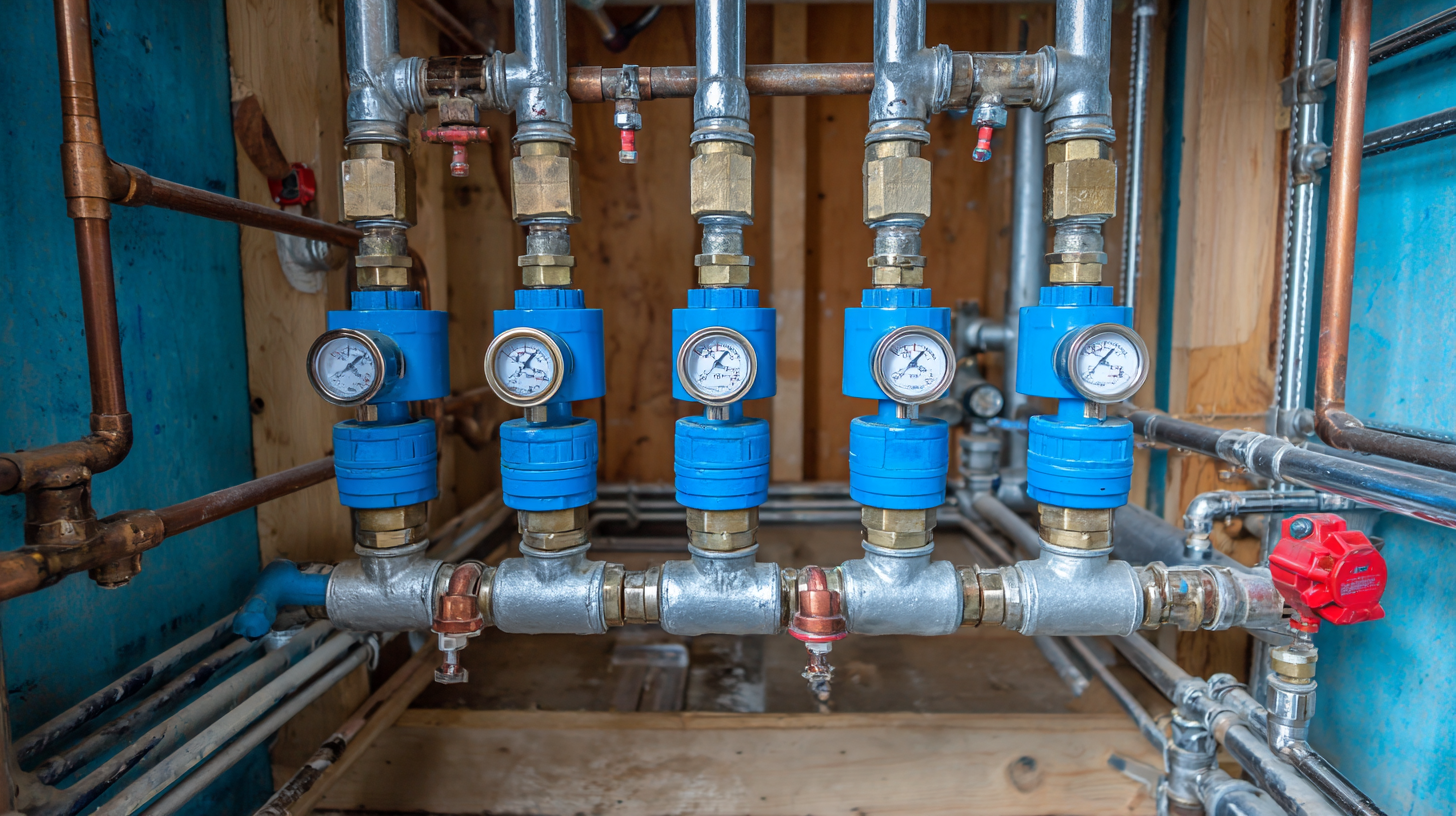
Implementing preventive measures can significantly cut down long-term costs. For instance, insulating pipes can prevent freeze damage during colder months, saving on potential repairs. Additionally, utilizing affordable yet efficient water filtration systems can prolong the lifespan of both pipes and appliances. By investing in quality fixtures and using water-saving technologies, homeowners not only reduce their water bill but also extend the durability of their plumbing systems. Thus, a proactive maintenance approach not only fosters a well-functioning plumbing system but also translates into significant savings over time.
Related Posts
-
Understanding the Importance of the Water System in Our Daily Lives
-
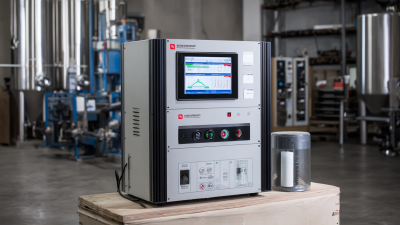
Understanding the Importance of a Reliable Water Testing System for Safe Drinking Water
-
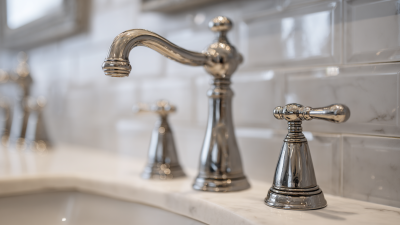
How to Choose the Best Hard Water System for Your Home Featuring Expert Reviews and Industry Data
-
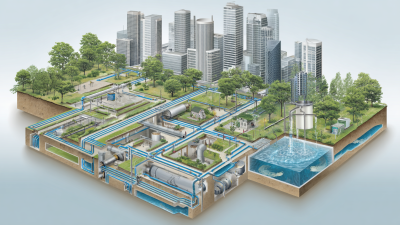
Innovative Water System Solutions for Sustainable Urban Development
-
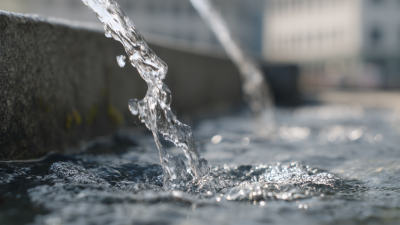
Exploring the Essential Role of Water Systems in Sustainable Urban Development and Climate Resilience
-

Transform Your Life with the Ultimate Water System: Discover Healthier Hydration Today!
